The market’s early year momentum may be waning. In that case, investors could benefit from buying into more defensive stocks. The S & P 500 is coming off back-to-back weekly declines, as concerns over higher Federal Reserve rates and inflation weighed on sentiment. On Tuesday, the broader market index fell more than 1% as Treasury yields rose to levels not seen since November. Traders are also worried about a potential recession being on the horizon. Meanwhile, earnings season is nearing an end, with 82% of S & P 500 companies reporting as of Friday, according to FactSet . Aggregate earnings have exceeded estimates by 1.3%, below the one-year average of 3.7% and the five-year average of 8.6%, per FactSet. But, investors nervous about stock market volatility can turn to defensive stocks. Considered safer investments, they are unlikely to generate large returns. For instance, the Invesco Defensive Equity ETF (DEF) is up 1.3% in 2023, while the S & P 500 is up 4.6%. However, defensive stocks are likely to better withstand a market downturn given their strong balance sheet and consistent revenue stream. The sectors include health care, utilities and consumer staples. With that in mind, CNBC Pro looked for Wall Street’s favorite defense stocks. We screened for names in the DEF that have at least 15% upside to the average analyst price target, according to FactSet. At least 60% of the analysts covering the stock rate it a buy, per FactSet. W.R. Berkley has the most potential upside, at 23.1%. Some 60% of the analysts covering the stock rate it a buy. In January, the insurance company posted fourth-quarter operating earnings per share of $1.16, topping estimates of $1.10 and up 14% from a year prior, according to FactSet. Shares are down 7.5% so far this year. Visa and Mastercard also made the list. Visa has 17.9% upside to the average price target, while Mastercard has 17.6%. Both credit-card companies beat expectations when reporting earnings in late January. Visa and Mastercard have more than 70% of the analysts covering the stocks rating them a buy. One of those bullish on both names is Keybanc, which upgraded the names to overweight from sector weight in January. The Wall Street firm expects the companies to benefit as fintech grows to an embedded model used by merchants, consumers, businesses and issuers. Visa shares are up 7.6% for the year, while Mastercard has gained 3.9%. Among the four health care companies making the cut is Eli Lilly . Earlier this month, the drugmaker reported a fourth-quarter revenue miss, but better-than-expected earnings. Investors are carefully watching its type-2 diabetes drug , Mounjaro, which is expected to see a big boost in sales if it is approved to treat obesity. However, they are growing concerned about insurance coverage of the drug, which has been slow to increase. CEO David Ricks told CNBC after the earning report that Mounjaro has gotten off to an “unbelievable start” and that volume uptake and patient and physician satisfaction were “through the roof.” The company should exit this year with 50% more capacity than it started with, and should have additional capacity coming online ein 2024 and 2025, he added. Nearly 64% of the analysts covering Eli Lilly rate it a buy. While the stock is down 10.2% year to date, it has 17.6% upside to the average price target. Another health care name on the list is Elevance Health . The insurer’s adjusted fourth-quarter earnings came in at $5.23 per share, versus a StreetAccount estimate of $5.19. Revenue, however, came in slightly below estimates at $39.67 billion versus the $39.77 billion expected. Last week, Elevance Health closed on its acquisition of specialty pharmacy BioPlus . The stock has 17% upside to the average analyst price target and 68% of analysts covering it rate the name a buy. Shares are down 3.5% this year.







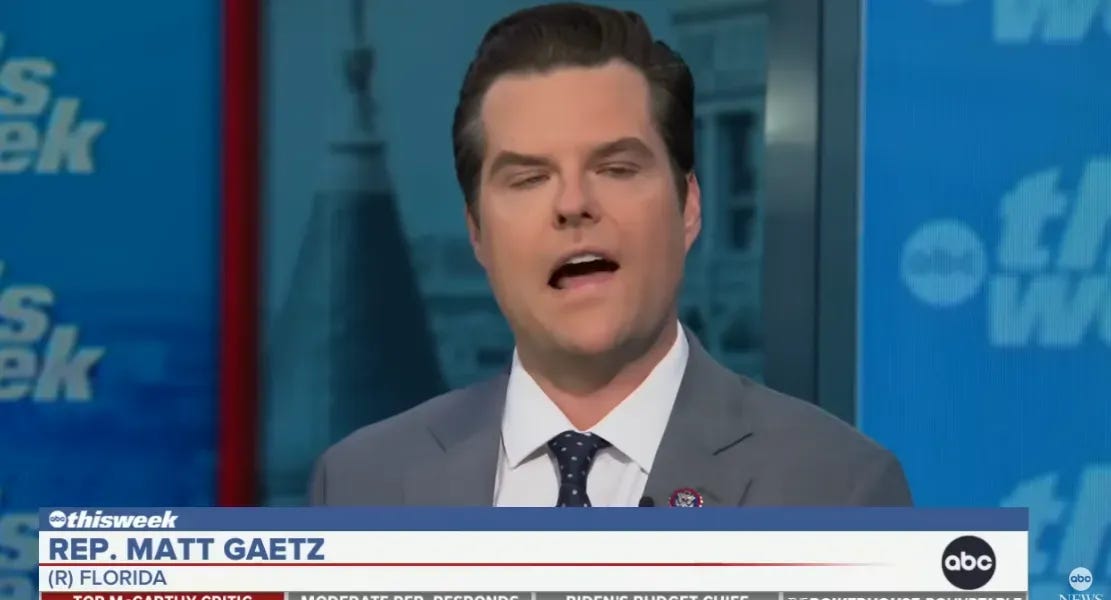

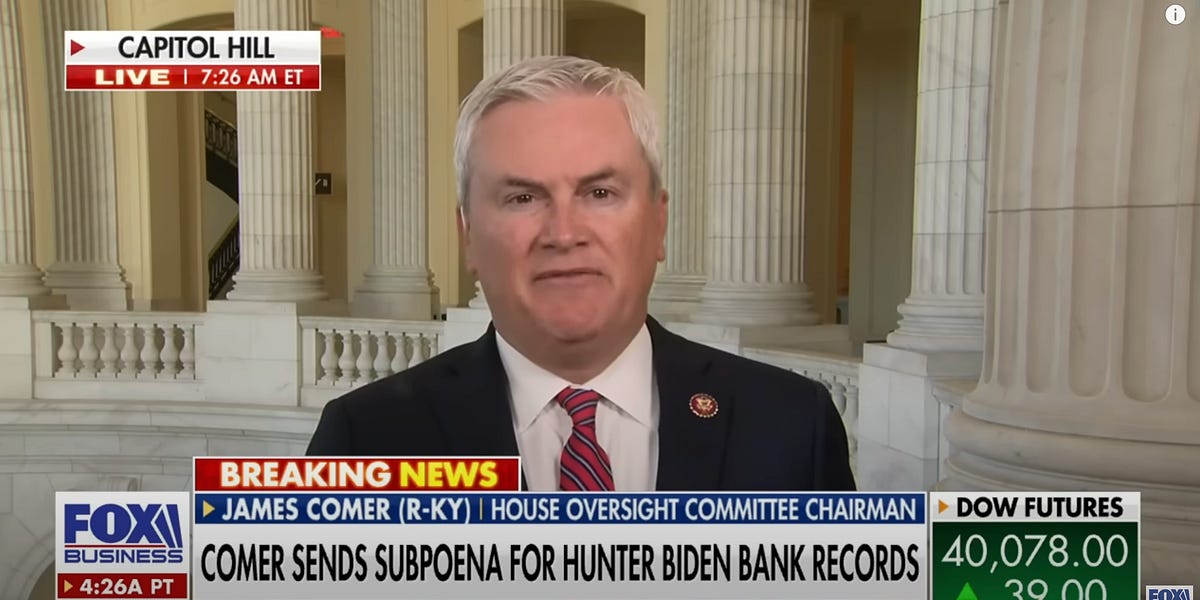















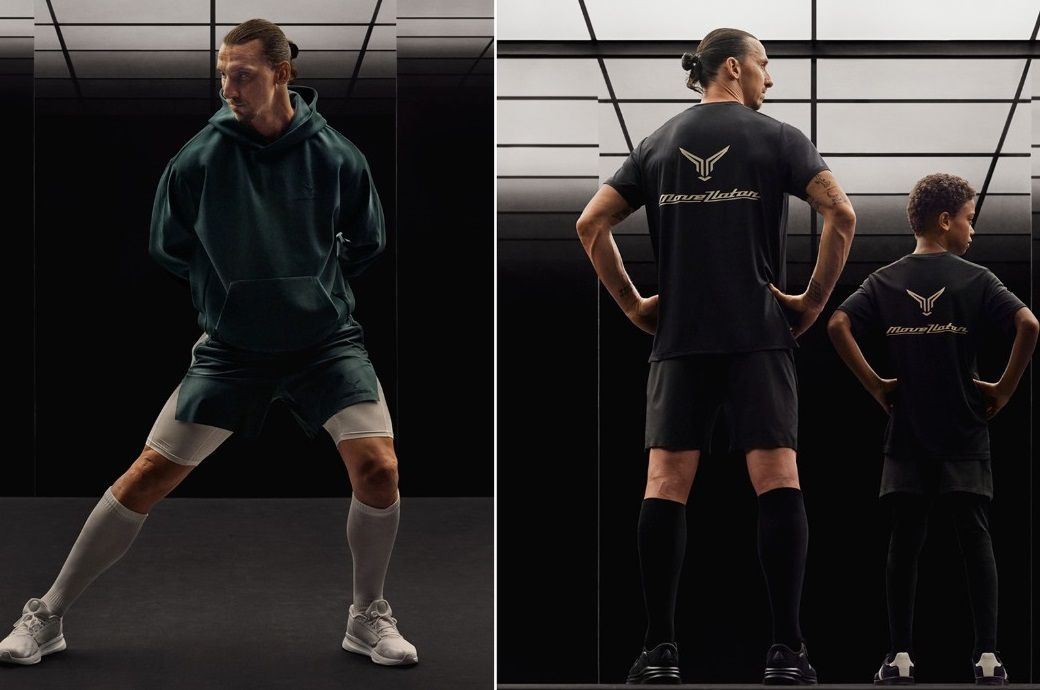


















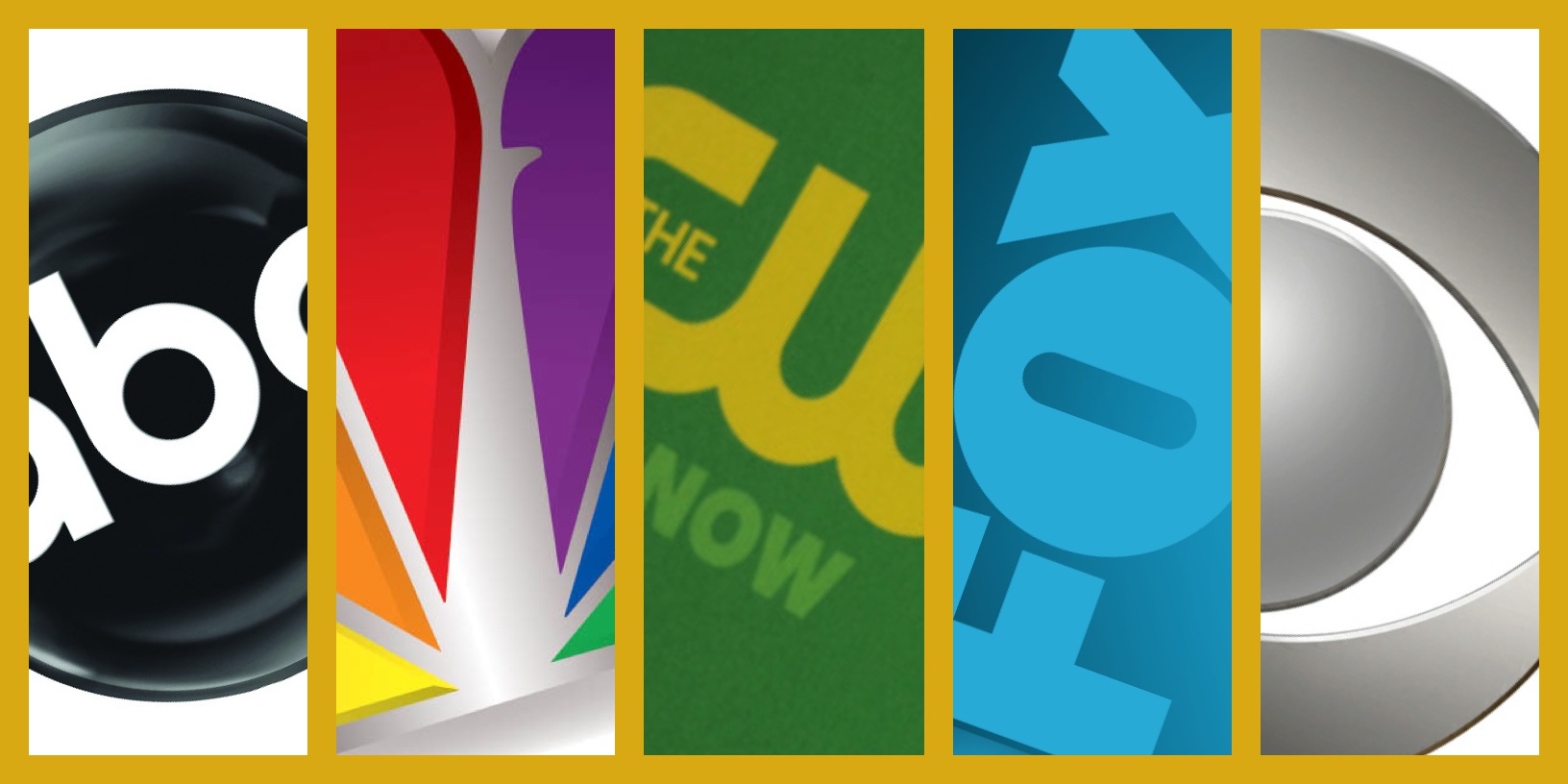


















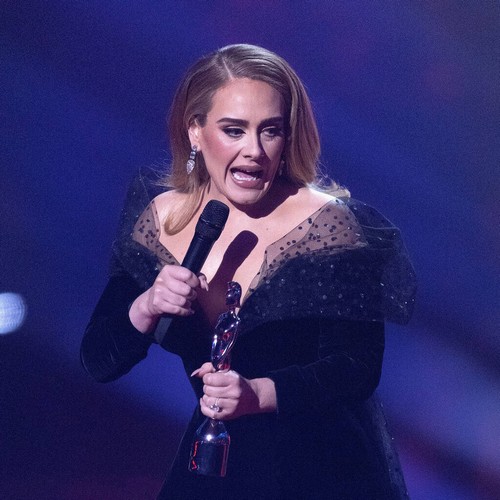
![Twitter Blue Versus Meta Verified [Infographic] Twitter Blue Versus Meta Verified [Infographic]](https://www.socialmediatoday.com/imgproxy/GMUfBOOxjA0q_JwKbdCs1R_zEDYjA8Q-aqyeVjU4S3g/g:ce/rs:fill:770:435:0/bG9jYWw6Ly8vZGl2ZWltYWdlL1R3aXR0ZXJfQmx1ZV92ZXJzdXNfTWV0YV9WZXJpZmllZDIucG5n.png)








